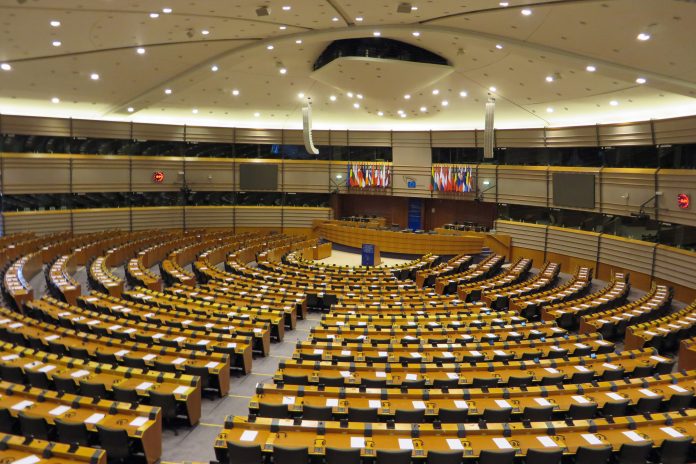The European Parliament’s Constitutional Affairs Committee agreed on November 21 to a reform of the current regulation for funding European political parties. The aim is to boost transparency and ensure the proper use of public funds.
MEPs agreed to bolster the link between European and national political parties, by requiring national parties to display the logo and political manifesto of their affiliated European party on their websites.
To ensure a closer link between the amount of money made available to a European party and actual voter representation, MEPs proposed reducing the share of funding that is currently allocated to all European parties equally from 15 to 10 %. The rest is to be distributed in proportion to each party’s share of elected MEPs.
Also, individuals can no longer create a European party – only parties can do so. This is to avoid a national party deploying its individual members to help set up different European parties and thus maximising access to public funds.
The MEPs also agreed that the financial department of the European Parliament should also be able to recover amounts unduly paid, and the European Public Prosecutors Office, yet to start working, is called on to investigate alleged abuse of EU funding relating to political parties.
“Our report closes loopholes which until now allowed a European Political Party to be created only for financial reasons. Funding will now be linked to actual voting results at the European level, making European political parties more European”, said rapporteur Rainer Wieland (EPP, DE).
“We have managed in this report to adapt the current regulation to the latest developments and needs of European politics. By lowering the threshold for distribution of funds, we have enhanced the democratic representation of political parties and foundations, through financing which is truly proportionate to their presence in the Parliament. While doing so, we safeguarded the prerequisites for a diverse and democratic political landscape, respecting the values of the EU and its financial interests”, said rapporteur Mercedes Bresso (S&D, IT).

